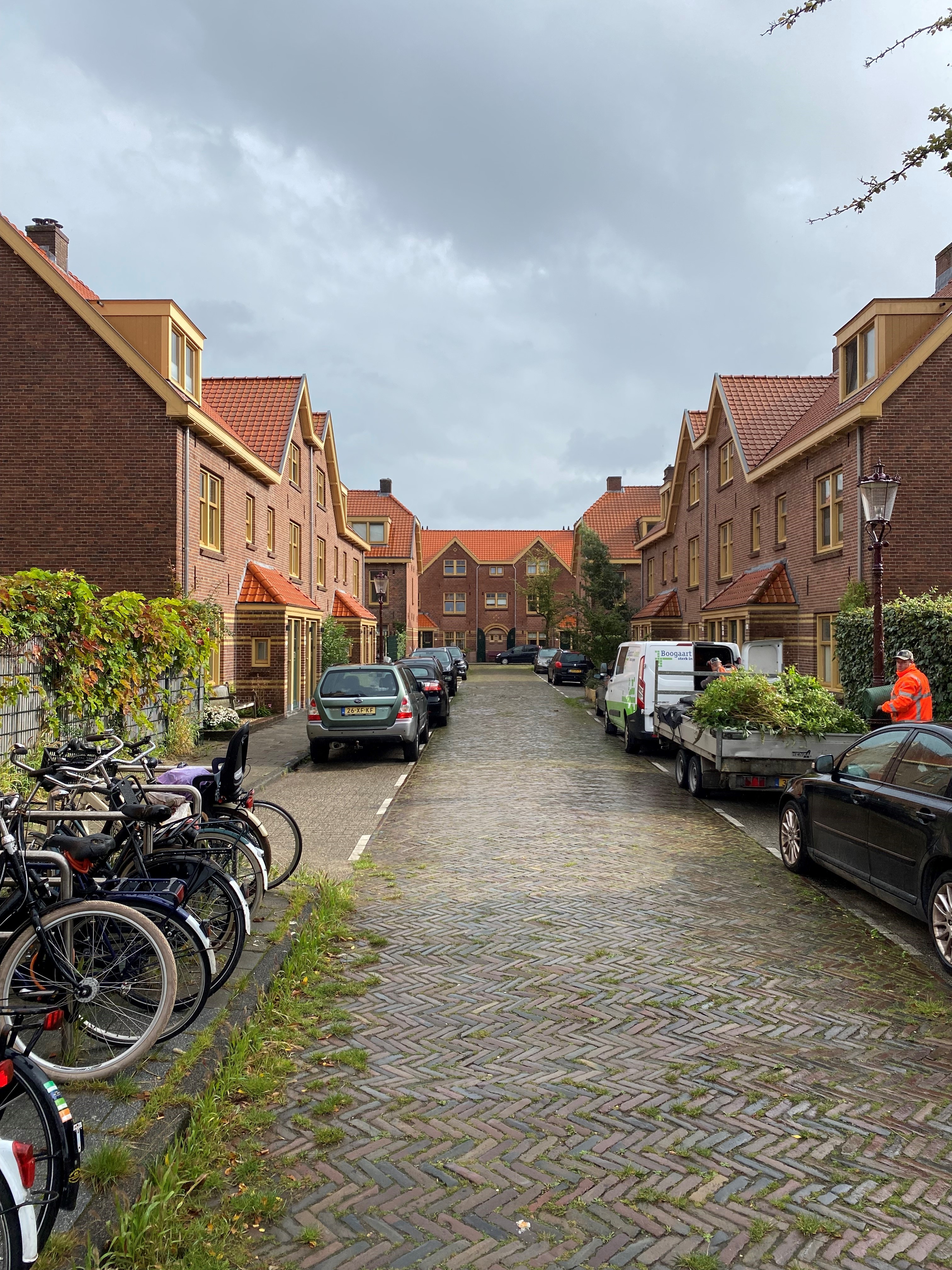Policy Brief: Delivery of services of general interest in lagging regions and areas with special needs
Bridging the Gaps: Equitable Access to Services Across Europe
Ensuring easy-to-use and affordable key services is a fundamental right under the European Pillar of Social Rights. Yet, many regions—especially those facing demographic decline, infrastructure deficits, and economic hardship—struggle with limited access to essential services like healthcare, education, and public transport.

A tool for improving land use: RUDIFUN
What is the building density in your neighbourhood? And how does it compare to other neighbourhoods? How can territorial evidence about building densities contribute to the ambitions of No Net Land Take?
PBL Netherlands Environmental Assessment Agency has made a data set for comparing building densities nationwide and for conducting research on how building density influences various aspects of urban life, such as energy consumption, mobility, climate adaptation, and public health.

[DHAK] - The role of digital helpers in reducing digital inequalities
In the Bordeaux metropolitan area and the city of Brussels digital divide has been pinpointed as an alarming consequence of the digital transition processes, affecting, for instance, access to basic public and private services which are increasingly being dematerialised. For several years, both cities have been taking proactive public action by financing and coordinating digital trainers and social workers, to address the lack of digital skills or obstacles in using digital technologies.
[ResiLIAnce] – Improving local intermediate authorities’ crises preparedness and territorial resilience
Around 70% of the European population is living in local intermediate authorities, which are categorised as NUTS 3 level units in the EU statistical system (e.g. provinces, départements, Landkreise, judeţ, powiat, diputación…), and which cover nearly 90% of the European territory. Depending on the institutional framework of the member state they belong to, they are responsible for important infrastructure and public services such as schools, waste management, provincial roads, local public transport, social services, tourism, hospitals, or civil protection.
[RURALPLAN] -Multilingual pamphlets

[RURALPLAN] - Methodological framework and knowledge
This report presents the methodological framework and literature review on strategic local planning in shrinking rural areas. It offers the territorial evidence on shrinking in the RURALPLAN stakeholders' areas, identifies planning practices, and includes an assessment of effectiveness and gaps in the current planning practices. It includes

The Rural Planning and Innovation Lab (RUPIL) - Toolbox
The toolbox is a participatory instrument, supporting local authorities in their strategic master planning endeavors. The objective is to facilitate planning based on more realistic assumptions about how regions are shrinking and on the population’s interests, preferences, needs and wishes for what constitutes a ‘good life’ in the context of their local community. The result will be ideas for innovative strategies, strategic elements, and measures developed as co-created and visually represented solutions.

LORDIMAS - Digital Maturity Assessment for Local and Regional Governments
LORDIMAS is a Digital Maturity Assessment tool for local, metropolitan, and regional governments. It is an interactive tool that helps governments understand where they are in their digital transformation journey. It facilitates annual monitoring and assists governments in making informed policy decisions to improve their digital transition. By participating, local, metropolitan, and regional governments provide national and EU-level policymakers with valuable information to design their policy support mechanisms and with more targeted funding.
LORDIMAS enables users to:
Delivery of Essential Services in lagging Regions
The ESPON DESIRE project singled out five types of services, namely: education (primary and secondary; health (primary, outpatient and preventive care); social care (childcare, elderly care); regional public transport (ensuring access to work); and retail accessibility (although this is not per se a public service) which were addressed in the case studies:

Delivery of Essential Services in lagging Regions
This report presents the conclusions and recommendations of the research project ESPON DESIRE "Delivery of Essential Services in Lagging Regions", focusing in particular on the synthesis of findings, the clarification of key concepts and the formulation of principles of good practice. The aim of this analysis is to provide actionable insights that can support policy development aimed at improving public service delivery in lagging regions, which often face unique socio-economic and geographical challenges.

